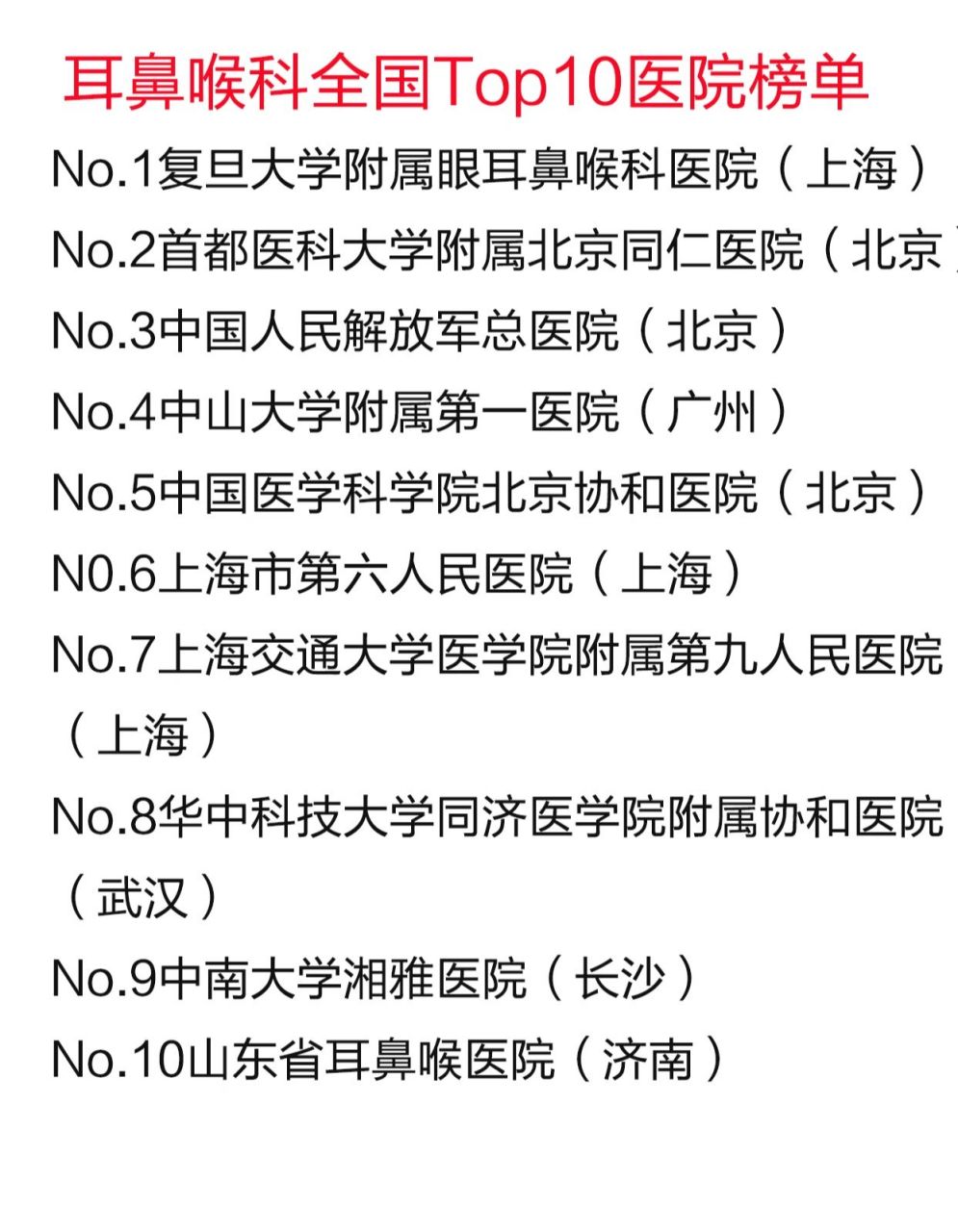
Treating hyperthyroidism, or overactive thyroid, effectively and swiftly involves a multi-faceted approach tailored to the individual's specific condition and health status. The primary goals of treatment are to reduce thyroid hormone production and alleviate symptoms. Here are the key treatment methods:
1. Antithyroid Medications: Drugs like methimazole and propylthiouracil are commonly prescribed to inhibit the production of thyroid hormones. They can take several weeks to months to bring thyroid levels to normal.
2. Radioactive Iodine Therapy: This treatment involves taking a capsule or liquid containing radioactive iodine, which is absorbed by the thyroid gland and leads to the gradual shrinking of the gland, reducing hormone production. It's a highly effective method but may eventually lead to hypothyroidism, requiring lifelong thyroid hormone replacement.
3. Beta-Blockers: Although not curing the condition, beta-blockers can quickly alleviate symptoms such as rapid heartbeat, tremors, and anxiety by blocking the effects of thyroid hormones on the body.
4. Surgery: In some cases, particularly when medication and radioactive iodine therapy are not suitable or effective, thyroid surgery (thyroidectomy) may be recommended. It involves removing a large part of the thyroid gland, effectively reducing hormone production.
5. Lifestyle and Dietary Changes: While not a direct treatment, maintaining a healthy lifestyle, including a balanced diet, regular exercise, and stress management, can support overall well-being and potentially improve thyroid function.
It's crucial for patients to work closely with their healthcare provider to determine the most appropriate treatment plan, as the best and fastest route to managing hyperthyroidism can vary significantly from one person to another.












